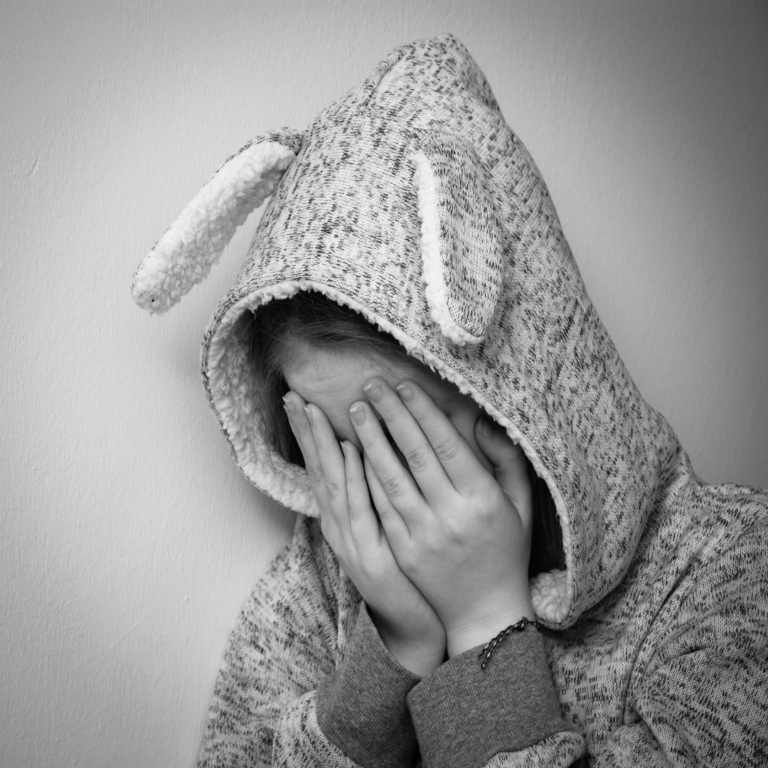
Growing from childhood to adolescence is a major problem since there are so many
physical, emotional, and mental shifts.
Learning how to handle situations with others is one of the most difficult things for teenagers.
It’s a time when they face many kinds of difficulties as they learn how to engage with people.
In this blog post, I’ll talk about some of the most frequent problems that teenagers
experience when trying to develop their social skills.
So, if you are a parent and you want to know all the challenges your young teenager might
be facing, keep reading!!!
Peer Pressure and Social Acceptance
You know, there’s this thing called “peer pressure,” and it’s something we all experience. It’s
that time when you start to feel like you need to do certain things or act a certain way to fit in
and be liked by your friends.
It can feel pretty intense, and sometimes you end up doing things that don’t really feel true to
who you are. Finding a balance between fitting in and staying true to yourself can be quite a
challenge.
The Rollercoaster of Emotions
Being a teenager is a wild ride. I can totally relate to how emotions can mess with teenagers’
social skills. There are moments when they feel really good about themselves, and their self-
esteem is through the roof.
But then, there are those other times when they feel totally unworthy and doubt everything
about themselves. They may struggle to feel like they fit among their friends as a result of
this emotional rollercoaster, and it may even have an impact on how they view themselves.
Strong connections can be seriously hindered by uncertainty and anxiety.
Challenges with Communication
Talking and listening to others is super important when it comes to being social. But
sometimes, young teenagers have a hard time expressing themselves or understanding
what others are saying. This can cause misunderstandings and fights, which can be really
frustrating for them.
Struggle with Keeping Friendships
As they get older, they see their friendships changing a lot. Making new friends while still
keeping the old ones can be tricky. Plus, there are those cliques and social groups that can
make things even more complicated. Feeling left out and insecure is not fun at all and it is a
huge problem for them to manage.
Coping with Rejection and Bullying
And let’s not forget about rejection and bullying!!
These are really tough things to deal with and can hurt them emotionally. It might make them
scared to try new social stuff and prevent them from growing and connecting with others.
So, it’s crucial for grown-ups to be supportive and teach them how to handle these situations
in a healthy way.
The Takeaway
So there you have it- although things aren’t always easy sailing, don’t worry! In this thrilling
adventure, parents can be best friends. All you have to do is understand the difficulties that
these young superheroes face.
Give them a hand, a pat on the back, and some great advice on how to handle the annoying
peer pressure, emotional rollercoasters, and those pesky communication snags. Changes in
friendships and experiences with rejection or bullying may seem like strong rivals, but with
the right help, they can overcome everything!
Let the epic social adventure begin!
About the author

Author: Mayeling Angelastro MA, LMHC is a Licensed Mental Health Counselor dedicated in helping individuals, families, couples, children and teenagers in the Horizon West, Windermere and Dr Phillips area.






